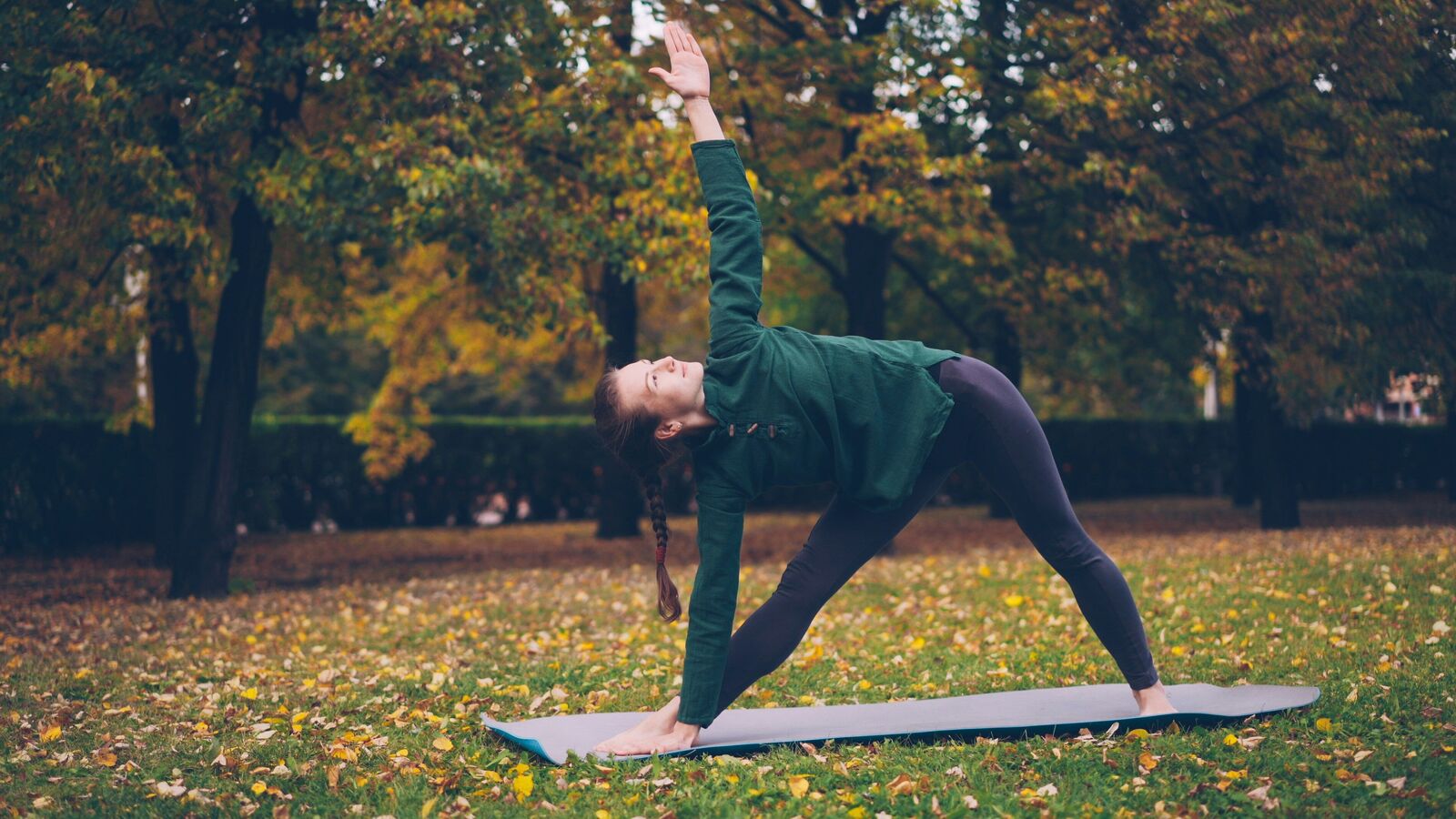It’s a generally accepted fact now that exercise is good not just for our body but our brain too. But, for most of us, most days, there’s just too much on the plate to engage in hour-long workouts. Here’s when short bouts of exercising – for 15-20 minutes – comes to the rescue. In fact, a study conducted by researchers from McMaster University in Ontario, Canada in 2017 – The Effects of Physical Exercise and Cognitive Training on Memory and Neurotrophic Factors – found that 20-minute bouts of workout can be very beneficial for the brain.
“Exercising regularly for even 20 minutes is beneficial for cognitive health. Spending even 20 minutes on activities like walking, yoga, cycling, or dancing helps to improve the oxygen supply and stimulate neural connections, which in turn, can help boost brain performance,” says Dr Vishwanathan Iyer, neurosurgeon, Zynova Shalby Hospital, Mumbai.
These short exercises are believed to improve performance in interference memory i.e. existing knowledge we have already memorised, which may otherwise interfere with our ability to learn new material. “Short workouts tend to release brain-derived neurotrophic factor (BDNF), which strengthens neurons and improves memory and learning. This brain chemistry shift also enhances clarity and helps us to be resilient under stress,” Iyer explains.
This is also what the study by McMaster University found in their participants along with an increase in insulin-like growth factor-1. According to a study by Stanford University, the brain boost gained after a 20-minute walk can last for about 30 minutes. So, if you want to tackle a dreaded task from your to-do list or read something new, we would say time it for after your walk or exercise session.
Add vitamin D to the mix and it will improve your energy levels and mood too. Exercise sessions in general, according to Dr Iyer, support cognitive function by improving blood flow and neural activity. Hence, it helps one to lower stress with increased concentration and relaxation. “The beauty of 20-minute workouts is that they’re short, effective, and easy to fit into daily life. These small efforts can make a huge impact and help improve the quality of life,” he notes. According to Mumbai-based psychologist Dhara Ghuntla, 20-minute workouts can help improve our moods as they release endorphins. “A short workout stimulates the release of neurotransmitters like dopamine and serotonin, which enhance mood and clarity and help you de-stress and feel better, and hence, think better. ” Dr Iyer believes that walking or exercising outdoors is better in comparison to working out in a gym. “It is more beneficial if you do these exercises in a park, or where there are more trees, because there is less stimulation.”
“Short workouts can help enhance cognitive functions like memory, attention, and problem-solving. They also lower stress by reducing cortisol levels and help one relax,” Ghuntla adds. In other words, you don’t have to be a gym rat to reap the hormonal and cognitive benefits of exercise. All you need is to take 20 minutes out of the 24 hours you have in a day… and that doesn’t sound impossible.
Sumitra Nair is an independent journalist based in Kochi.

